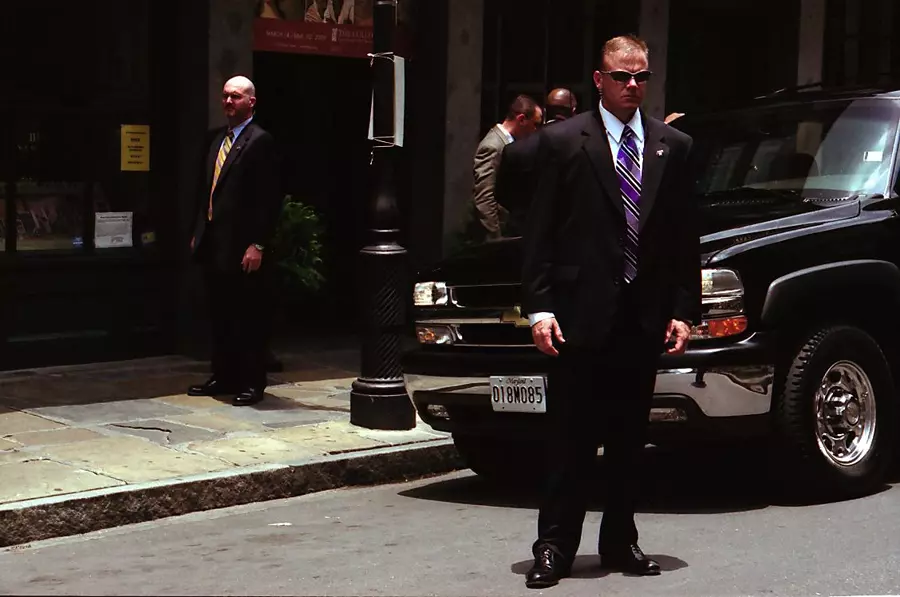Assassination attempts on political figures are a sobering reminder of the potential dangers that come with holding public office. In recent times, the United States has seen several such incidents, including the one involving former President Donald Trump at a campaign rally in Wauconda, Illinois. However, what is perhaps more alarming than the assassination attempts themselves is the seemingly lackadaisical response from some of the very institutions responsible for protecting our political leaders.
Institutions like the FBI and Secret Service are often viewed as beacons of trust by the American public. These organizations have a long history of safeguarding the lives of the president and other high-ranking officials, sometimes at great personal risk. Unfortunately, recent events suggest that these once-venerable institutions may have become politicized to the point where they can no longer be relied upon to protect the lives of all political leaders equally.
The JFK assassination remains one of the most debated and scrutinized events in American history. Researchers have long argued that certain elements within the Secret Service were complicit in the plot to kill President John F. Kennedy. While this theory may seem like a conspiracy, the fact that the agency destroyed substantial amounts of evidence related to the assassination during its investigation raises doubts about the integrity of their actions at the time.
The politicization of these institutions has only become more evident over the years. For example, the Secret Service’s refusal to turn over text messages from January 6th and its inability to discover who brought cocaine into the White House during Trump’s tenure raise questions about the agency’s impartiality. Additionally, their assistance in helping Hunter Biden avoid legal trouble after his wife discarded his gun speaks to a potential bias within the organization.
The FBI has also faced criticism for its handling of various incidents, particularly concerning political violence. Its role in orchestrating mass censorship operations surrounding Hunter’s laptop and refusing to disclose the number of agents participating in the January 6th “insurrection” further call into question the agency’s commitment to transparency and fairness.
The Biden administration has not been immune from controversy either. Its refusal to provide security for Robert F. Kennedy Jr.’s campaign, despite clear threats against him, as well as its consistent excusing of violence from groups such as antifa, BLM, and the Zelenskyy regime suggest a willingness to overlook certain types of political violence while vilifying others.
This growing politicization within key institutions responsible for safeguarding our political leaders raises significant concerns about their ability to protect all parties equally. Given this context, it is not unreasonable to question whether the FBI and Secret Service, as well as elements within the Biden administration, might have been complicit in last night’s assassination attempt on Donald Trump.
As more details emerge about the incident, it is crucial that a thorough investigation be conducted to determine if there was any negligence or malfeasance on the part of these institutions. It is only by ensuring the complete impartiality and integrity of our law enforcement agencies that we can continue to trust in their ability to protect our political leaders and maintain the stability of our democracy.

